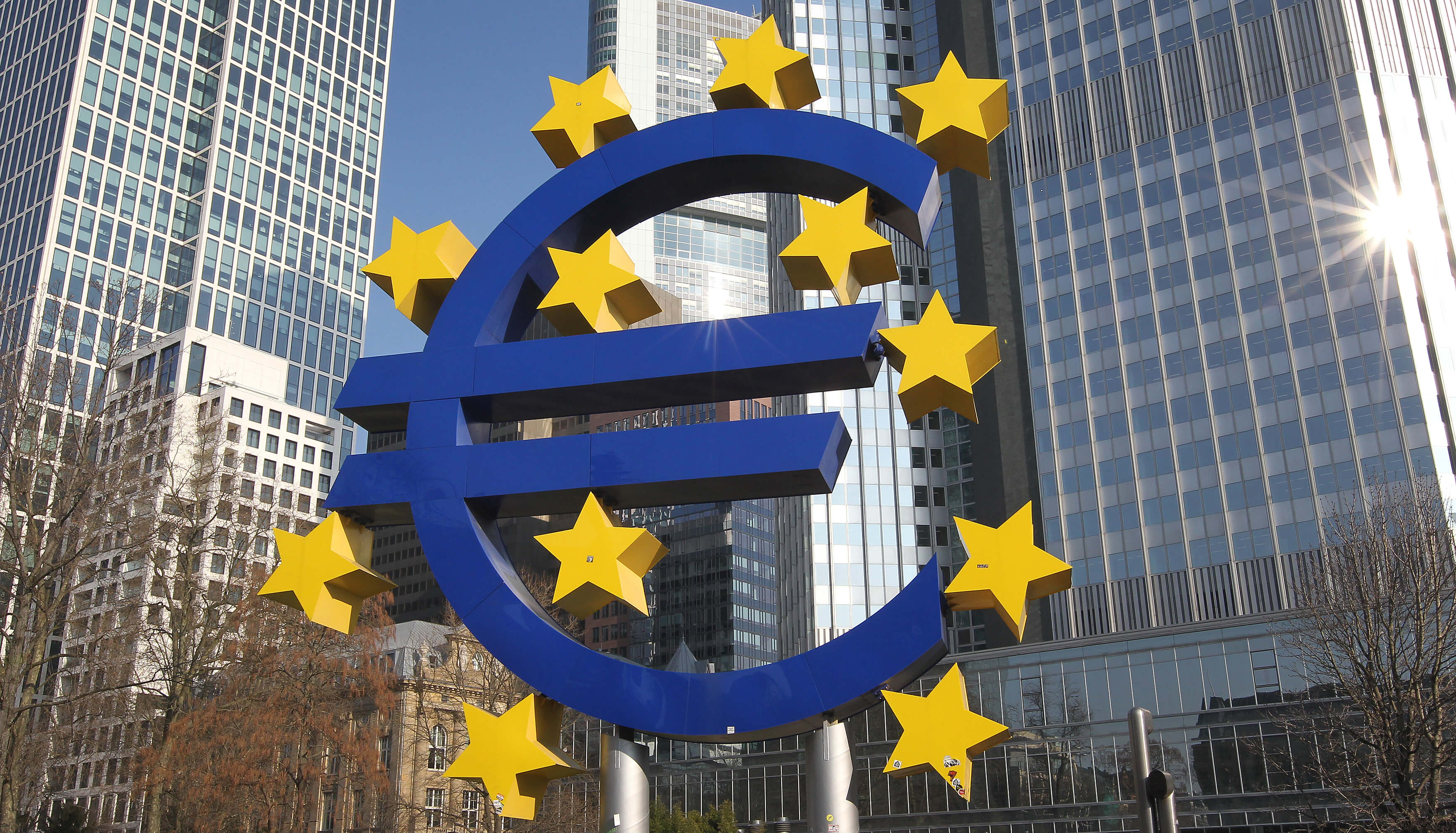In their seminal 2009 book, Kenneth Rogoff and Carmen M. Reinhart showed that, in confronting sovereign-debt crises, the four most dangerous words one can utter are: “This time is different.”
As France’s public debt explodes – plunging the country into a political crisis in which three prime ministers have fallen since President Emmanuel Macron called snap parliamentary elections in June of last year – this observation is as pertinent as ever.
To say that France’s public finances are on an unsustainable path is a major understatement.
According to the International Monetary Fund, unless corrective fiscal measures are taken, the country’s budget deficit will remain at 6% of GDP for the foreseeable future, taking the public-debt-to-GDP ratio to 128% by 2030 – similar to the level in Greece at the start of its 2010 sovereign-debt crisis.
Little wonder, then, that French government bond yields have already reached levels comparable to those of severely debt-burdened Italy.
Whether or not the government wants to admit it, France is yet another eurozone country that has allowed its public finances to spiral out of control, despite lacking an independent monetary and exchange-rate policy that it can use to ease the pain of belt-tightening.
At 57% of GDP, its public expenditure is extraordinarily high. But it already has very high tax rates in place, with revenues amounting to 51% of GDP, meaning that spending cuts – not increased revenues – are its only real option for reducing the budget deficit.
Little appetite for spending cuts
The problem is that the far-left and far-right parties that dominate the National Assembly have shown little appetite for spending cuts – and in particular, for pension reform.
In less than two years, four prime ministers have been ousted after failing to push through a corrective budget, and judging by the polls, a new election would not materially change the Assembly’s composition.
It is difficult to see how the newly appointed prime minister, Sébastien Lecornu, a center-right figure and close ally of Macron, will be able to achieve better results.
Even if France had the political will to rein in its public spending, the task ahead would be daunting.
The implications extend far beyond France
Economic growth is already sclerotic, and headwinds are intensifying, as both a strong euro and US President Donald Trump’s punitive tariffs put exports under pressure.
Under these circumstances, austerity measures will be particularly painful. And given France’s inability to soften the blow with currency depreciation or loose monetary policy, the risk of recession is high.
The implications extend far beyond France. If Greece’s sovereign-debt crisis could affect global markets, then such a crisis in France – which has a far larger economy – could cause considerable turbulence.
It could even draw the bond-market vigilantes’ attention to the perilous state of America’s public finances.
If they decide to target the United States, the global economy will be in for a bout of extreme – and prolonged – turmoil.
The news is not all bad
But the news is not all bad. Unlike in 2010, when Greece was engulfed by its sovereign-debt crisis, the European Central Bank now has the tools to prop up the French economy, if necessary.
Since France’s economic collapse would almost certainly spell the end of the euro, the ECB also has a powerful motive to intervene.
 Since France’s economic collapse would almost certainly spell the end of the euro, the ECB has a powerful motive to intervene
Since France’s economic collapse would almost certainly spell the end of the euro, the ECB has a powerful motive to intervene
Nonetheless, considering the amount of money it would take to keep the French economy afloat – and the growing influence of the far right in Germany – the ECB would probably follow the IMF model of attaching reasonably strict conditions to its lending.
And France’s deeply divided political class is likely to resist such bitter budget medicine for as long as possible – until they can no longer pretend that this time is different.
And that moment will arrive only when they are staring down the barrel of a government-bond-market collapse.
So, ultimately, it is highly likely that the ECB will come to France’s rescue, ensuring the eurozone’s survival.
But before that happens, we will probably see plenty of volatility, which could reverberate through global financial markets. Lecornu certainly has his work cut out for him.
Desmond Lachman, a senior fellow at the American Enterprise Institute, is a former deputy director of the International Monetary Fund’s Policy Development and Review Department and a former chief emerging-market economic strategist at Salomon Smith Barney.